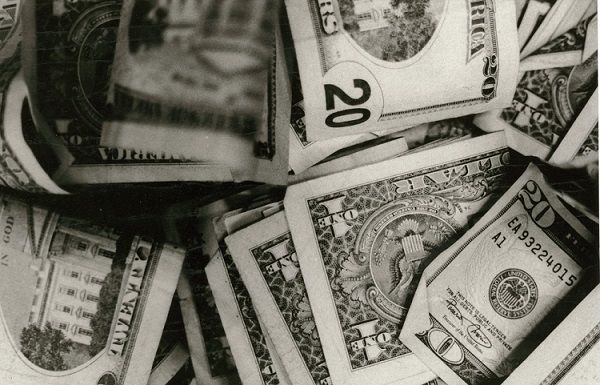Money In Politics: The 2012 Election Cost More Than You Think

During the 2012 election cycle, President Obama and Mitt Romney’s campaigns and their allies spent a combined $2.6 billion battling it out for the White House. Add to that the $3.6 billion spent on races for the House and Senate, and you get over $6.2 billion. But that’s not all: There were billions more spent at the state level -- the only problem is that it's hard to track that money down.
An ongoing analysis by the Sunlight Foundation, a transparency research group, last week found an extra $1.4 billion in spending in the last election cycle, coming from unions, corporations and individuals. And that’s coming from just 23 states. Whereas federal election spending information is collected by the Federal Election Commission, state-level information requires sifting through the websites of each state's election authorities.
While federal laws govern federal races, donations related to state races and ballot initiatives largely depend on the campaign finance laws in each state. Some states have contribution limits on giving to candidates and party committees, others do not. But either way, the amount of money spent on the state level is enormous.
Four states included in the analysis do not cap how much an individual or organization can give to candidates or state party committees. The result is that in those states -- Missouri, Oregon, Utah and Virginia – political action committees (PACs) spent $141 million last cycle. In Missouri, for example, one wealthy donor, millionaire Rex Sinquefield, donated more than $3.7 million to state party committees, ballot initiatives committees and state candidates. According to the New York Times, Singquefield has donated $20 million to Missouri candidates and PACs since the state lifted its contribution limits in 2008.
Even in states where there are limits on how much an organization or individual can contribute to a candidate, there are still ways to have a big impact on a race. In California, for example, limits on contributions to candidates do not apply to spending on advertising for or against candidates or ballot initiatives -- so rather than donate to a candidate, a group can simply fund a media campaign on their behalf. According to the National Institute on Money in State Politics, ballot measure committees received more than $450 million in contributions for the 2012 election.
The analysis finds that among the 23 states covered thus far, labor unions are a major contributor in state politics. Unions donated over $111 million in the 23 states, including both big unions like the AFL-CIO and Service Employees International Union, which also contributed millions to federal races, as well as more than 2,500 local labor groups and local chapters. Twenty-four labor unions gave more than $1 million to state political committees.
© Copyright IBTimes 2024. All rights reserved.






















